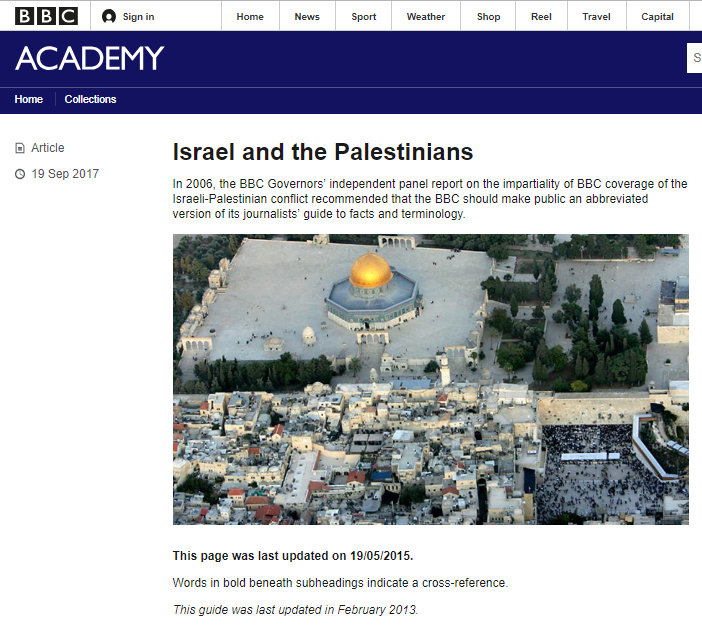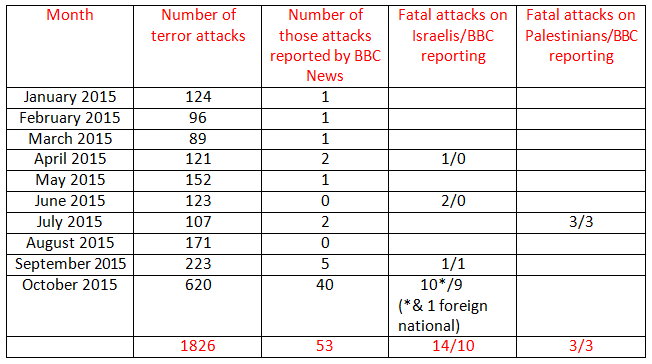The BBC Radio 4 programme ‘Moral Maze’ is billed as providing audiences with the opportunity to hear “[c]ombative, provocative and engaging live debate examining the moral issues behind one of the week’s news stories”. The February 20th edition of the show was titled “Banning Boycotts” and part of its synopsis explains the timing of this particular debate.
“Now the government is planning a law to make it illegal for local councils, public bodies and even some university student unions to carry out boycotts. Under the plan all publicly funded institutions will lose the freedom to refuse to buy goods and services as part of a political campaign.”
The programme (available here) is well worth listening to in full and some of its notable aspects relate to both practical and philosophical issues.
One of the pro-boycott ‘witnesses’ invited to the programme was John Hilary – introduced as “the executive director of ‘War on Want’ which has been leading the campaign against this ban”. Listeners were not told, however, that ‘War on Want‘ is also a principal player in the BDS campaign and its anti-Israel agenda was – as usual – not clarified despite the requirement to do so under BBC editorial guidelines on impartiality.
Hilary was allowed to make the inaccurate and misleading claim that the BDS campaign began in 2005 as the result of a call from “Palestinian civil society” and listeners were not informed of the actual roots of the campaign in the ‘Durban Strategy’ conceived in 2001. Together with the second pro-boycott ‘witness’ – Rob Harrison of ‘Ethical Consumer’ magazine – Hilary was not challenged on the inaccurate claim that the boycott campaign against Israel relates solely to what he termed “illegal settlements” and what Harrison called “stuff going on in the occupied territories”.

But the most notable feature of this programme is to be found in the discrepancy between the across the board agreement amongst its participants that boycotting is a “tactic” – i.e. a means to an end – and the reluctance to discuss the true nature of that end and the “moral issues” arising from it.
‘Witness’ Daniel Johnson of Standpoint magazine made an attempt (from 18:03) to raise an issue rarely – if ever – addressed in BBC programmes or reports: the real end-game of the anti-Israel BDS campaign.
“The BDS movement does not accept Israel as a Jewish state. It wants to destroy that state.”
Panel member Matthew Taylor quickly interrupted:
“But…it….we’re not discussing the specifics…the specificities of that; we’re talking about boycotts in general.”
Towards the end of the programme – at around 35:40 – panelist Melanie Phillips also tried to highlight the same issue but was similarly interrupted by presenter Michael Buerk.
MP: “…as Daniel Johnson was getting at, it’s to do with the bullying nature of this. And why is it bullying? It is because it is based on a singular unfairness and injustice. It is based on the telling of lies. […] But on this case you have blood libels and incitement which are not to do with enjoining justice…
MB: “Melanie….that…”
MP: “…but with destroying a country. That’s what Daniel Johnson was saying and that’s why it is bullying.”
MB: “Yeah but this programme is not specifically about that.”
As has been documented too many times on these pages the BBC has consistently avoided telling its audiences what the BDS campaign it so often showcases really seeks to achieve. In this programme listeners actually had a rare opportunity to hear from informed contributors what that campaign’s tactics are aimed at bringing about: surely an important piece of information for members of the BBC’s funding public trying to make up their own minds as to whether they are in favour of the tactic of boycotts or not and what they think about the UK government’s new rulings.
Instead, audiences heard a discussion of the “moral issues” relating to the symptom and the cowardly sidestepping of the “moral issues” of the far more important topic which the BBC continues to do its level best to avoid.
Related Articles:
BBC coverage of UK government’s action against BDS fails to fully inform




